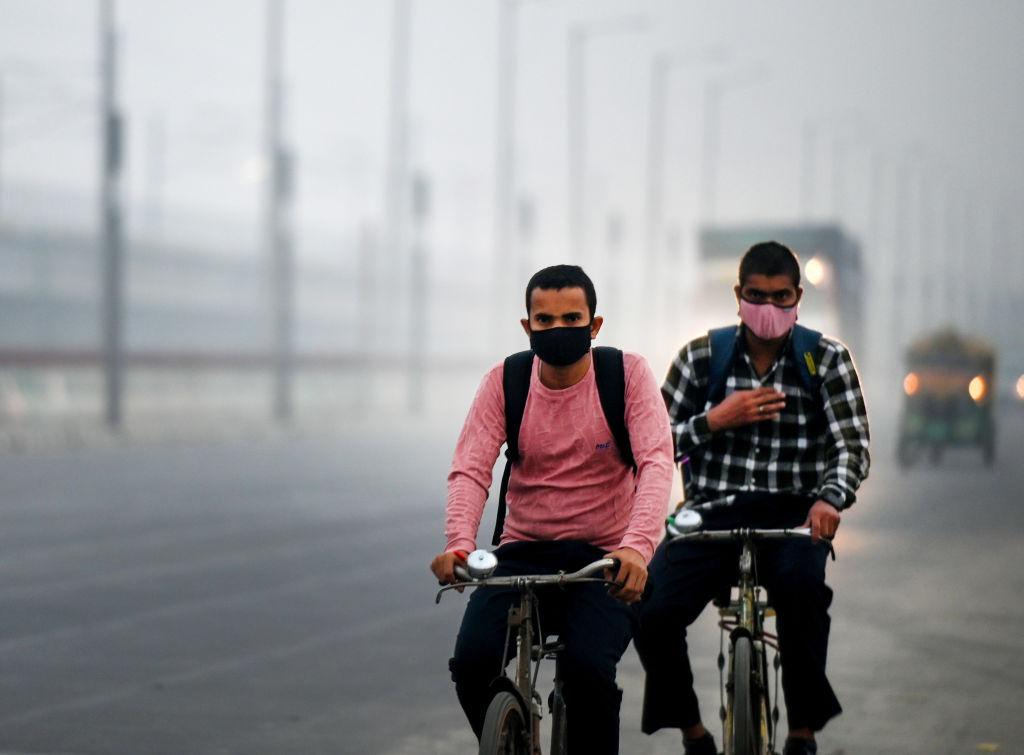In response to the worsening air quality in Delhi-NCR, the Commission for Air Quality Management (CAQM) has announced the implementation of Stage-IV of the Graded Response Action Plan (GRAP) from Monday.
Delhi’s daily average Air Quality Index (AQI) rose sharply to 441 by 4 PM on Sunday and escalated further to 457 by 7 PM, according to data from the Central Pollution Control Board (CPCB). This alarming increase prompted an emergency meeting of the GRAP Sub-Committee.
This stage is in addition to the actions already implemented under Stages I, II, and III of GRAP. The Graded Response Action Plan classifies air quality in the National Capital Region (NCR) into four stages:
– Stage I: ‘Poor’ (AQI 201-300)
– Stage II: ‘Very Poor’ (AQI 301-400)
– Stage III: ‘Severe’ (AQI 401-450)
– Stage IV: ‘Severe+’ (AQI > 450)
Stage-IV Measure
The Stage-IV response includes an 8-point action plan aimed at mitigating the pollution crisis. Key measures include:
– Banning the entry of non-essential truck traffic into Delhi, except for those carrying essential commodities or providing essential services.
– Allowing only LNG/CNG/electric and BS-VI diesel trucks, while restricting light commercial vehicles (LCVs) registered outside Delhi unless powered by electric, CNG, or BS-VI diesel engines.
– Prohibiting Delhi-registered BS-IV and older diesel-operated medium and heavy goods vehicles unless engaged in essential services.
– Extending the ban on construction and demolition activities to public infrastructure projects such as highways, roads, flyovers, and power transmission lines.
State governments and the Delhi government (GNCTD) have been advised to shift physical classes for students in grades VI-IX and XI to online mode. Additionally, they are urged to limit office attendance to 50%, allowing the remaining staff to work from home. A similar work-from-home arrangement has been suggested for central government employees.
Authorities are also considering emergency measures such as closing colleges, halting non-essential commercial activities, and implementing an odd-even vehicle policy. Citizens are urged to cooperate with these measures and stay indoors whenever possible, particularly vulnerable groups like children, the elderly, and those with respiratory or cardiovascular conditions.
The CAQM said that it is closely monitoring the situation and will review the air quality regularly to determine further actions.
(ANI)














